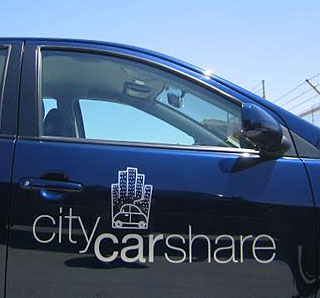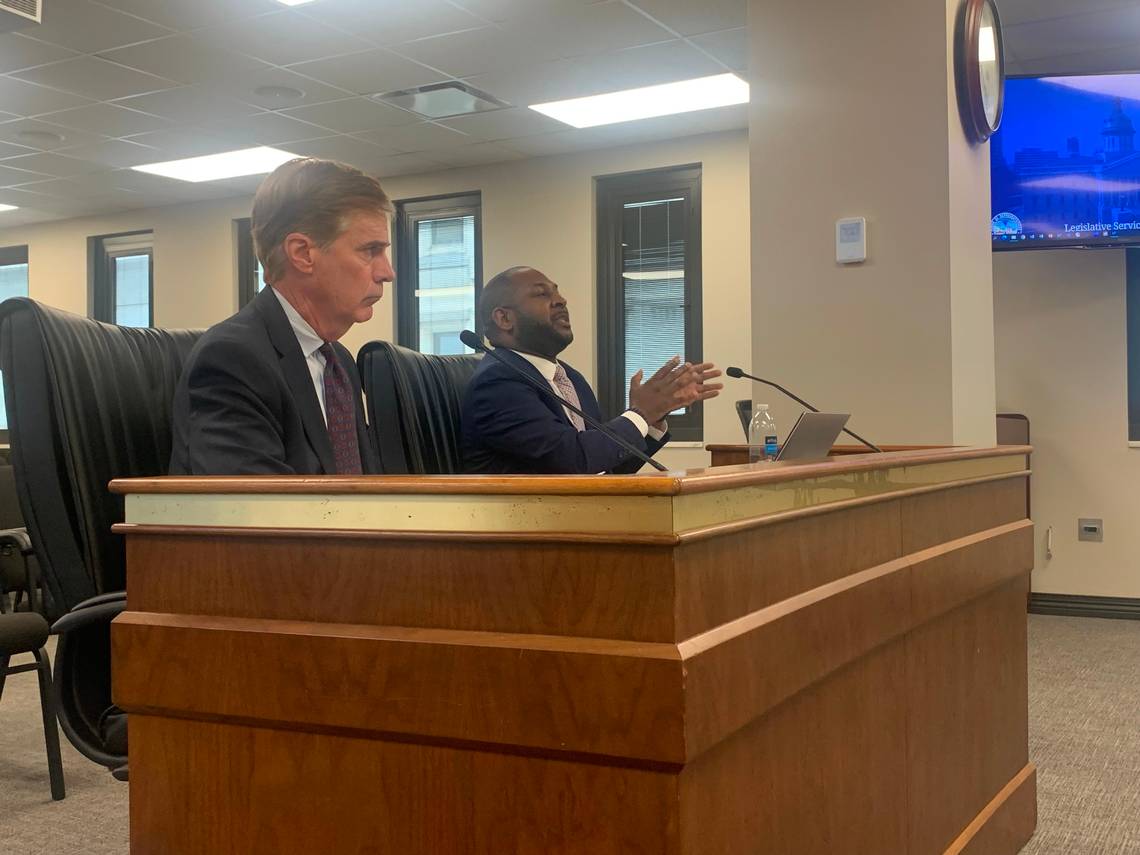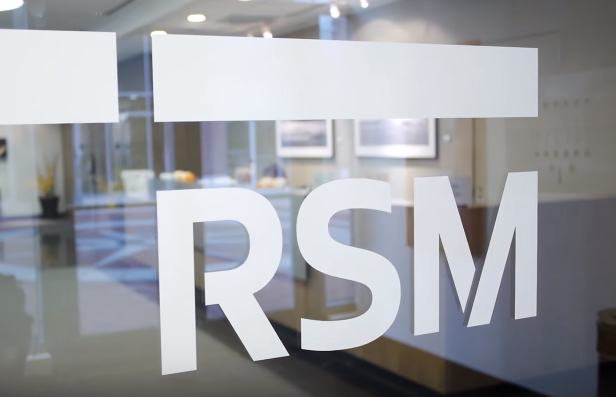Whether it’s use of automobiles, homes, clothing or any number of other goods and specialized services, some cash-conscious consumers are willing to share to save.
While only 7 percent of U.S. adults have actually used or considered using a sharing service—also known as peer-to-peer service—almost 6 in 10 (58 percent) would be willing to consider using such a service for a number of specific reasons, according to a survey conducted for the American Institute of CPAs (AICPA) by Harris Poll via telephone among 1,005 U.S. adults in March, in recognition of National Financial Capability Month.
The AICPA survey found the primary reason for using a sharing service, cited by nearly 2 in 10 (19 percent) U.S. adults, would be to try something new without having to commit a significant amount of money. Fifteen percent said it would be to avoid purchasing a product they have limited need for; and 11 percent would like to treat themselves without excessive spending. Age matters when it comes to attitudes towards sharing services: 18- to 34-year-olds are most likely to use one of these services (80 percent), with percentages decreasing with age.
“Sharing goods and services very often makes good economic sense and can help save money. As financial resources remain strained, we expect to see peer-to-peer services grow in popularity,” said Ernie Almonte, CPA and Chair of the AICPA’s National CPA Financial Literacy Commission.
The survey also explored the recent phenomenon of crowdfunding. Although crowdfunding itself is not new—websites like Kickstarter and Indiegogo have helped businesses and organizations raise money through small individual contributions for some time—the JOBS Act simplified securities law and made it possible for businesses and organizations to offer or sell securities to the general public.
According to the survey, just 4 percent of U.S. adults contributed to a crowdfunding campaign in the past year. The top reasons for committing money include:
- opportunity to be an early investor (11 percent)
- belief in the project mission (55 percent)
- involvement of a family member or friend in the company or project (44 percent)
- interest in the rewards offered for contributing (43 percent)
Adults aged 18-34 were more likely to contribute to a crowdfunding campaign than other age groups surveyed—six times more likely than adults aged 65+.
“Despite all the attention being given to crowdfunding right now, it seems many people have been cautious about committing money to crowdfunding campaigns. It’s a relatively recent and developing source of funding, so time will tell if it continues to grow at the rate that it has thus far. And even though the requirements for investing in these opportunities are less formal, people have to exercise the same level of due diligence and caution they would for any other investment,” Almonte added.
Before contributing to a crowdfunding campaign, consider the following:
- Many crowdfunding campaigns aren’t soliciting donations that you can deduct on your tax return. If you're looking for a charitable deduction, make sure you're giving your money to a certified 501(c)(3) non-profit organization.
- If your investment buys you a piece of the company, keep track of the amount you contributed. If the business makes it big, your little piece could be worth some money and you'll need to know what you are actually making for tax purposes.
- It’s especially important that you set a maximum dollar amount for investing. Set guidelines for yourself about which causes or types of project you'll support.
- Keep in mind that it’s not likely you'll receive a return on your investment. Give to campaigns that have meaning to you.
- And finally, if you’re looking to invest in order to make money, talk to a CPA financial advisor.
The AICPA commissioned the survey as part of its national 360 Degrees of Financial Literacy effort, which has helped people take control of their personal finances through education since its launch in 2004. The AICPA has conducted an annual survey with Harris Poll since 2007.
Thanks for reading CPA Practice Advisor!
Subscribe Already registered? Log In
Need more information? Read the FAQs
Tags: Accounting




